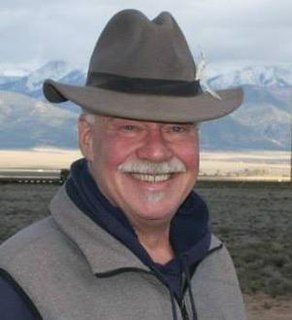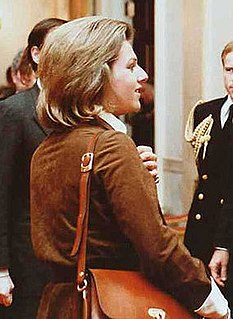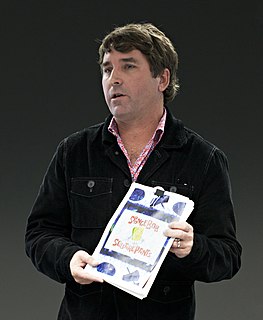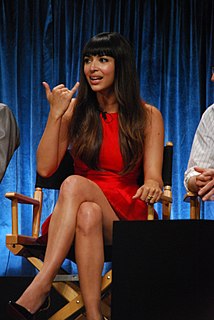A Quote by Jeff Bridges
My father Lloyd Bridges worked on a TV show called 'Sea Hunt.' He impressed upon me as a child the importance of taking care of the ocean and working together to do our part to reduce human pollution.
Related Quotes
Bridges are burning all around us; bridges to responses that might have mitigated the already brutal (and just beginning) ravages of Peak Oil; bridges to reduce the likelihood of war and famine; bridges to avoid our selectively chosen suicide; bridges to change at least a part of energy infrastructure and consumption; bridges to becoming something better than we are or have been; bridges to non-violence. Those bridges are effectively gone.
As a child, I had a lot of older gay men taking care of me. There's a trust there. I feel like little girls and old gay men together - there's a safety. They make a shield from all of the bad things they've experienced in the world. They make a home together. There are no songs about that. I don't know if you remember, but there was a show a long time ago called 'Love, Sidney.'
Carbon dioxide pollution is transforming the chemistry of the ocean, rapidly making the water more acidic. In decades, rising ocean acidity may challenge life on a scale that has not occurred for tens of millions of years. So we confront an urgent choice: to move beyond fossil fuels or to risk turning the ocean into a sea of weeds.
The child in me could not die as it should have died, because according too legends it must find its father again. The old legends knew, perhaps, that in absence the father becomes glorified, deified, eroticized, and this outrage against God the Father has to be atoned for. The human father has to be confronted and recognized as human, as man who created a child and then, by his absence, left the child fatherless and then Godless.



































